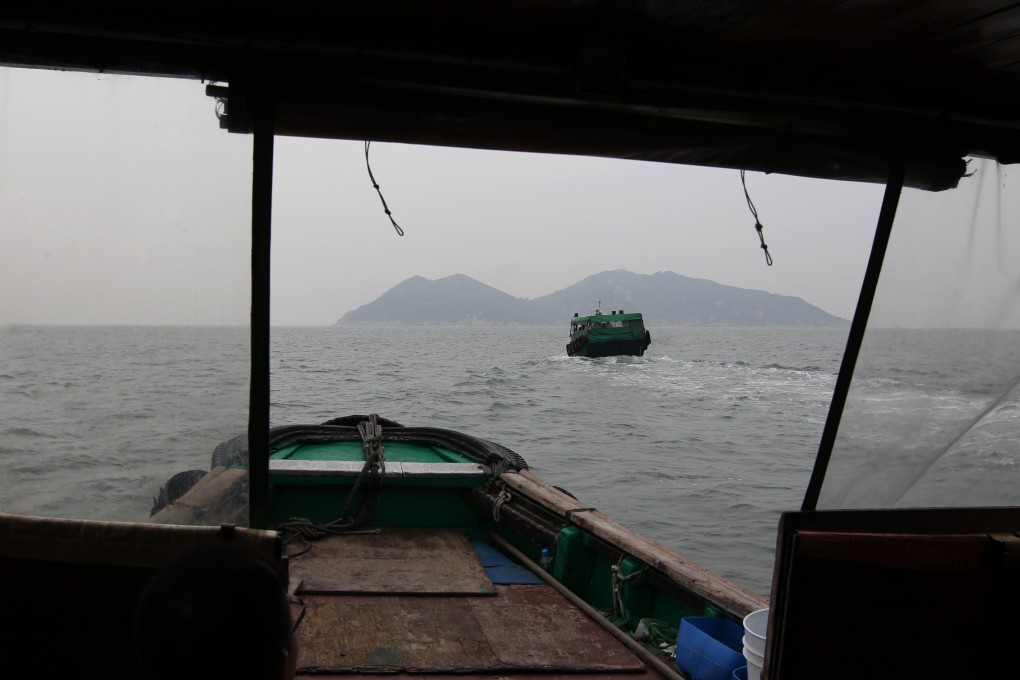Shek Kwu Chau incinerator proposal reflects worry over government power abuse
Tom Yam says the Shek Kwu Chau case now before the top court asks hard questions about government's power to push development projects

Should a government department regulate itself? To take a specific example, should the Environmental Protection Department propose an infrastructure project that has an impact on the environment, evaluate the environmental effects of that project, then approve the project as environmentally sound?
This is essentially the question before the Court of Final Appeal in a case concerning the department's proposal to build the world's most expensive incinerator off the island of Shek Kwu Chau. Wearing three hats as advocate, assessor and approver, the department's director, Anissa Wong Sean-yee, has taken the incinerator project through all three processes.
The department has championed the incinerator for 15 years, despite significant local opposition. Its assistant director Elvis Au applied for an environmental permit. Another of its officers, then assistant director Tse Chin-wan, with the help of consultants engaged by the department, managed the environmental impact assessment, resulting in the approval of its report by the department and the issuance of the statutory environmental permit.
The court is now considering whether the department's director has the power to approve the impact assessment report, prepared and submitted on her behalf, and grant the permit to herself. If the court decides she has this power, the department can proceed with the project. If not, the environmental permit will be invalidated and another impact assessment study will have to be conducted.
The issue goes to the heart of whether it is in the public interest for a government agency to police itself. It raises concerns about the vested interests of bureaucrats versus the rightful interest of citizens in minimising the risks to their health and environment.
The proposed incinerator, opponents say, will use polluting technology, produce toxic ash, disrupt the marine habitat, despoil a pristine island and destroy rather than protect the environment. But how impartial can an environmental protection official be in assessing a project which he has proposed, in which he has invested years of his career?